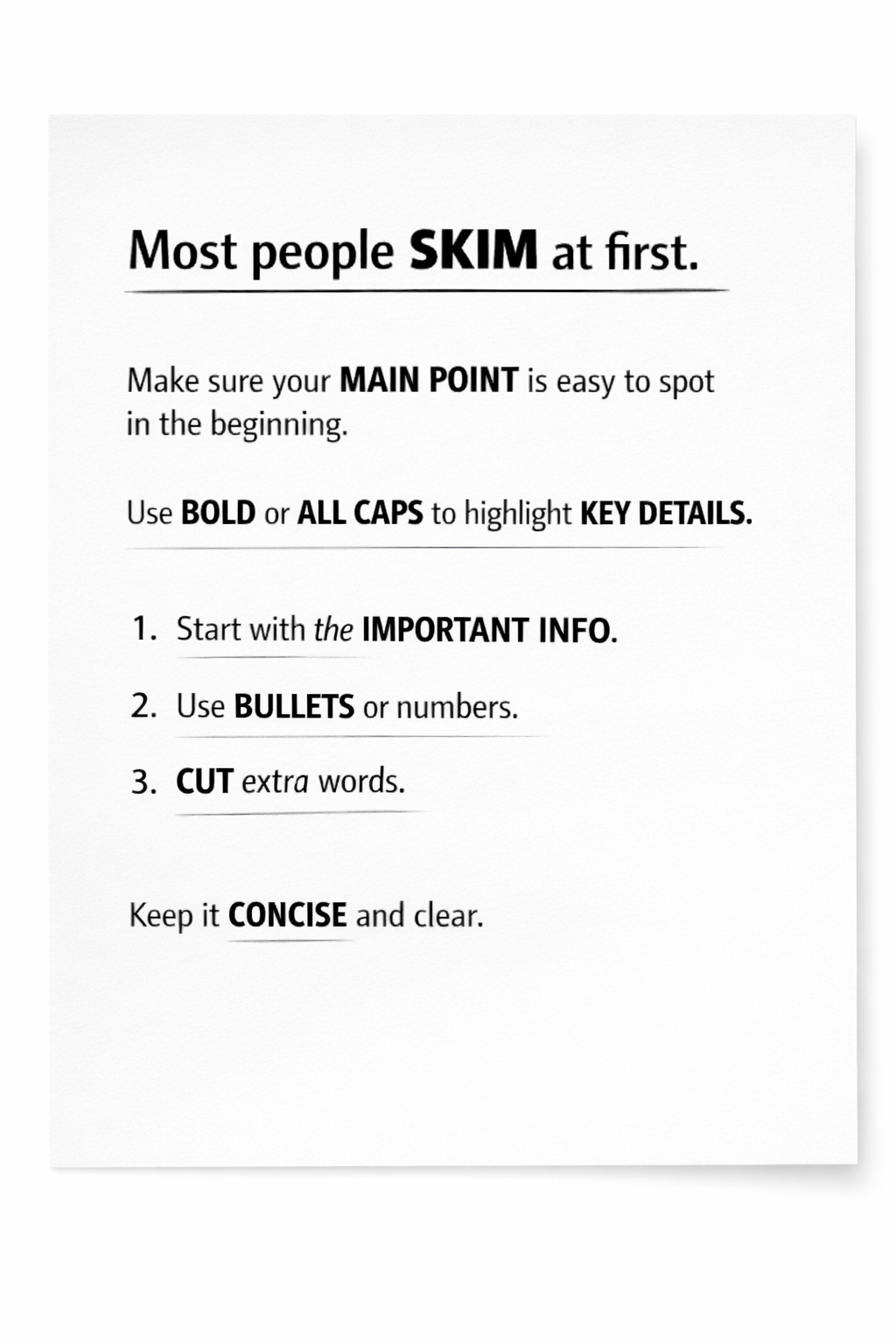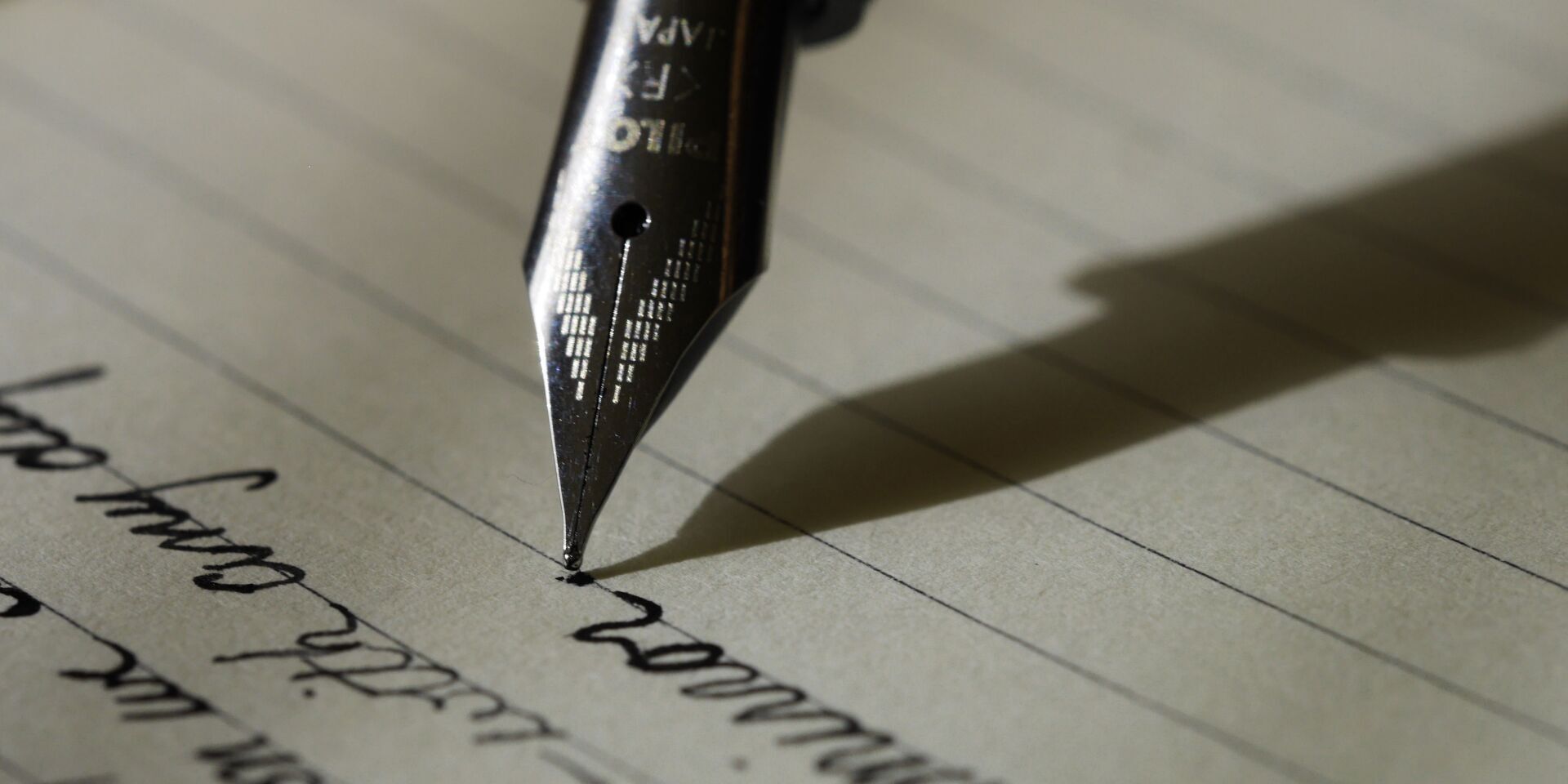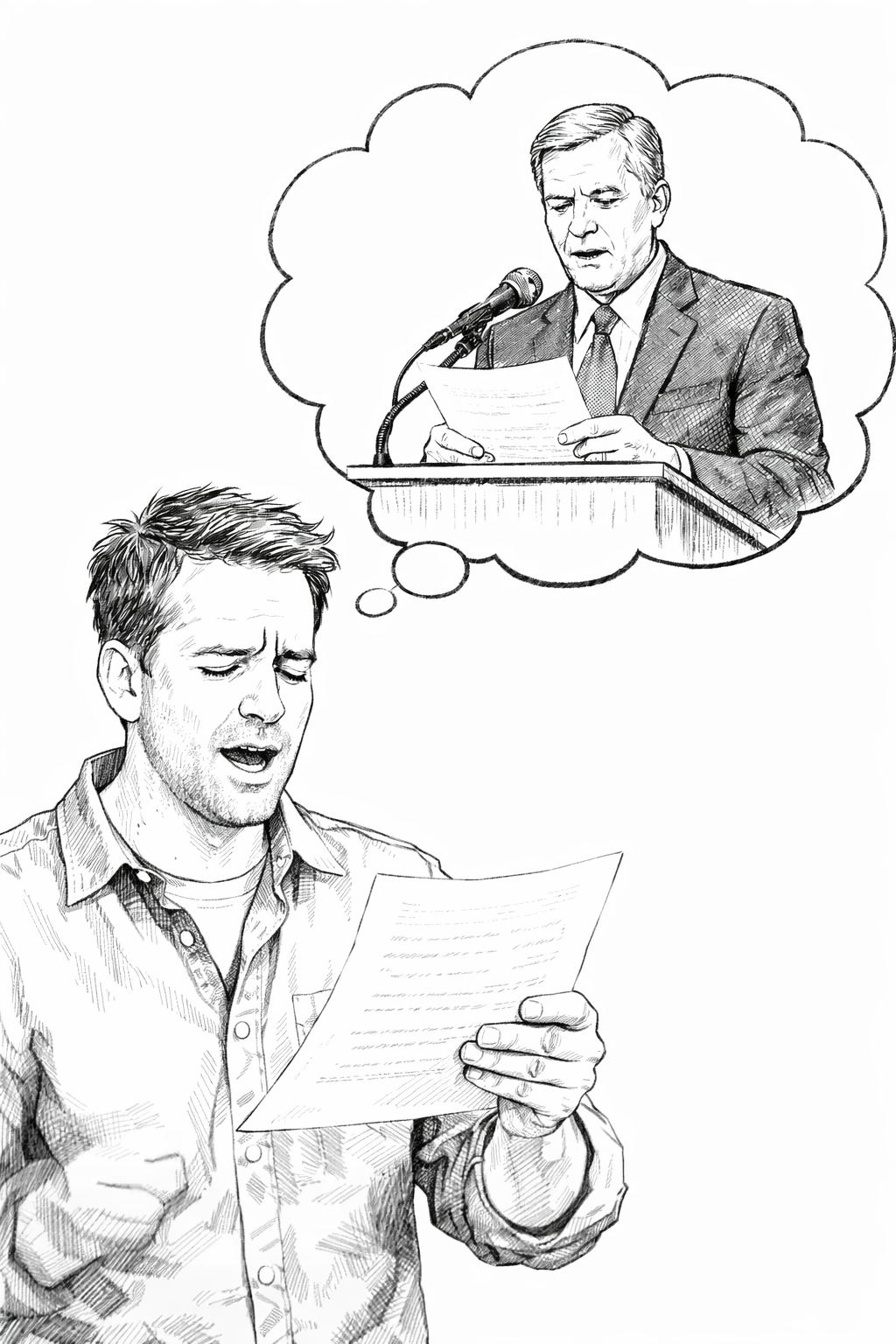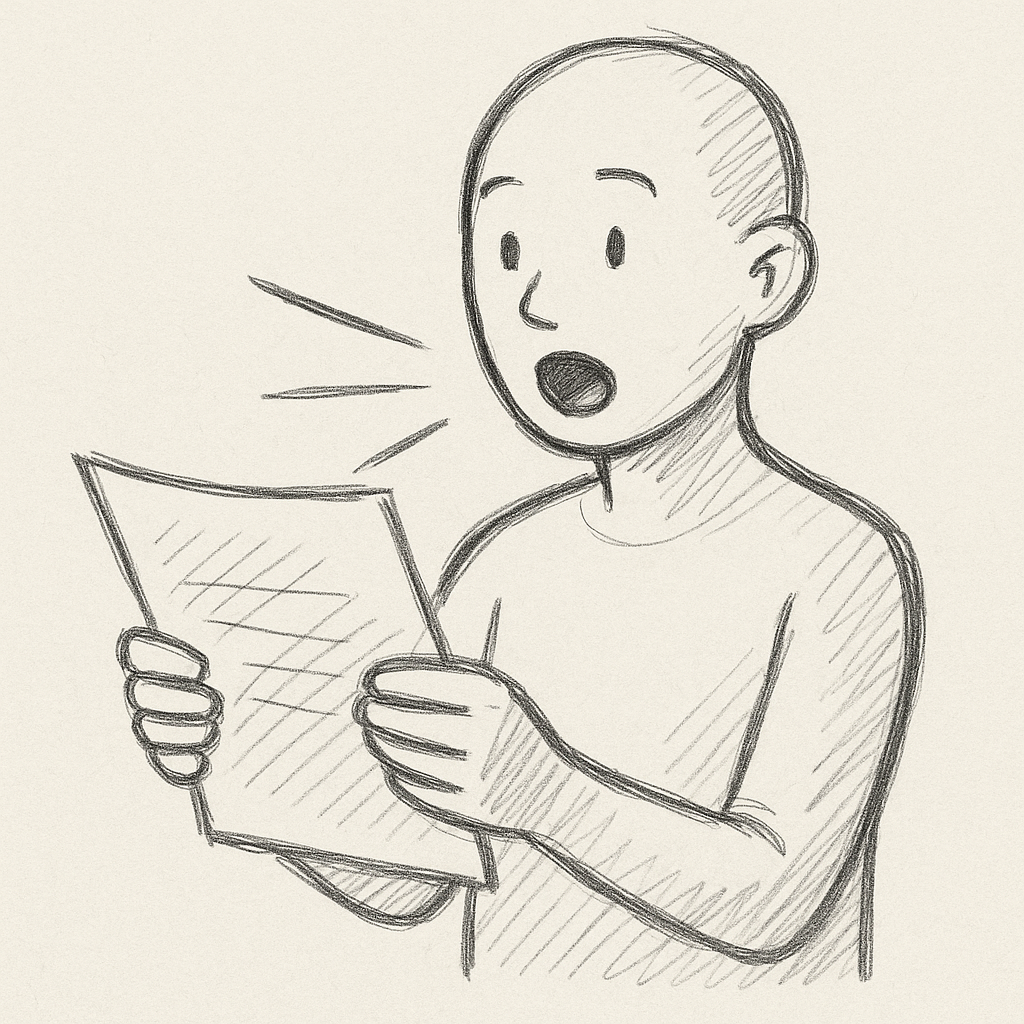Nib #27: Write the Truth. Don’t “Be Honest”
With the Republican and Democratic National Conventions at our throats just around the corner, this week’s Nib is for all the speechwriters out there working on their bosses’ 150-word paeans to partisanship:
Don’t “be honest.”
By that, I don’t mean lie, of course. Writers — and everyone else — should always tell the truth.
Rather, what I mean is that politicians should never, ever preface sentences with casual, special assertions of honesty:
“Truthfully speaking…”
“In all honesty…”
“To tell you the truth…”
“To be honest with you…”
Why? Because audiences distrust politicians. And when skeptical audiences hear a politician baptize some of his factual assertions with “Honestly…” (or the like), they subconsciously note that he left all his other assertions dry and heathen.
This rule needn’t apply to jokes, stories, and the like, where conversational rhythm can trump verbal integrity. But in persuasive communication, when success depends on credibility, unbidden professions of truthfulness project a “doth protest too much” vibe.
Just think for a moment about the most honest, trustworthy people you know. How often do they talk about how honest they are?
The lesson for young writers — and political speechwriters especially? Write truthfully, all the time, and you’ll never have to waste words telling people when you’re doing it.
Until next week… keep writing!











